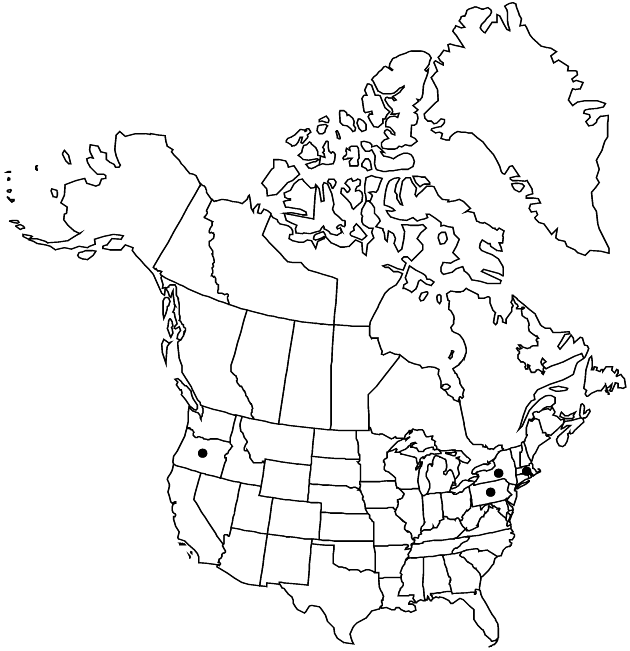Difference between revisions of "Logfia minima"
Fl. Belg., 68. 1827.
FNA>Volume Importer |
FNA>Volume Importer |
||
| Line 11: | Line 11: | ||
|name=Gnaphalium minimum | |name=Gnaphalium minimum | ||
|authority=Smith | |authority=Smith | ||
| + | |rank=species | ||
|publication_title=Fl. Brit., | |publication_title=Fl. Brit., | ||
|publication_place=873. 1804 | |publication_place=873. 1804 | ||
| Line 17: | Line 18: | ||
|name=Filago minima | |name=Filago minima | ||
|authority=(Smith) Persoon | |authority=(Smith) Persoon | ||
| + | |rank=species | ||
}} {{Treatment/ID/Synonym | }} {{Treatment/ID/Synonym | ||
|name=Oglifa minima | |name=Oglifa minima | ||
|authority=(Smith) Reichenbach f. | |authority=(Smith) Reichenbach f. | ||
| + | |rank=species | ||
}} | }} | ||
|hierarchy=Asteraceae;Asteraceae tribe Gnaphalieae;Logfia;Logfia minima | |hierarchy=Asteraceae;Asteraceae tribe Gnaphalieae;Logfia;Logfia minima | ||
| Line 44: | Line 47: | ||
-->{{#Taxon: | -->{{#Taxon: | ||
name=Logfia minima | name=Logfia minima | ||
| − | |||
|authority=(Smith) Dumortier | |authority=(Smith) Dumortier | ||
|rank=species | |rank=species | ||
| Line 60: | Line 62: | ||
|publication year=1827 | |publication year=1827 | ||
|special status= | |special status= | ||
| − | |source xml=https://jpend@bitbucket.org/aafc-mbb/fna-data-curation.git/src/ | + | |source xml=https://jpend@bitbucket.org/aafc-mbb/fna-data-curation.git/src/eaa6e58056e40c9ef614d8f47aea294977a1a5e9/coarse_grained_fna_xml/V19-20-21/V19_739.xml |
|tribe=Asteraceae tribe Gnaphalieae | |tribe=Asteraceae tribe Gnaphalieae | ||
|genus=Logfia | |genus=Logfia | ||
Revision as of 19:21, 16 December 2019
Plants 2–20[–30] cm. Stems 1, ± erect, or 2–5, ascending to spreading; branches leafy between proximal forks, remaining grayish, arachnoid-sericeous. Leaves narrowly elliptic to narrowly ovate, largest 7–10(–12) × 1–1.5(–2) mm, pliant; longest capitular leaves 0.8–1.5 times head heights, acute. Heads in glomerules of 3–7 in mostly dichasiiform, sometimes racemiform or paniculiform arrays, ± pyriform, largest 3–3.5 × 2 mm. Phyllaries usually 5, equal, ± like paleae. Receptacles ± fungiform, mostly 0.3–0.4 mm, heights 0.4–0.6 times diams. Pistillate paleae (except innermost) 8–12 in 1–2 series, ± vertically ranked, saccate, inflexed 70–90° proximally, gibbous, ± galeate, longest 2.6–3.1 mm, distal 15–30% of lengths glabrous abaxially; bodies ± bony, ± terete; wings prominent. Innermost paleae ± 8, spreading in 2 series, pistillate. Pistillate florets: outer 8–12 epappose, inner 18–30+ pappose. Bisexual florets 3–5; corollas 1.6–2.1 mm, lobes mostly 4, brownish to yellowish. Cypselae: outer incurved, proximally ± horizontal, distally erect, compressed, 0.8–0.9 mm; inner papillate; pappi mostly of 13–16 bristles falling in 1s or 2s, 1.8–2.1 mm. 2n = 28 (Byelorussia, former Czechoslovakia, Germany)
Phenology: Flowering and fruiting Jun–Aug.
Habitat: Ballast dumps (probably temporary), sometimes open disturbed sites away from coast
Elevation: 0–400 m
Distribution

Mass., N.Y., Oreg., Pa., Eurasia.
Discussion
Reports of Logfia minima from British Columbia and Washington have not been confirmed by me. A report from California was erroneous. The earliest known specimen from the flora area came from Girard Point, Pennsylvania, in 1878.
Selected References
None.